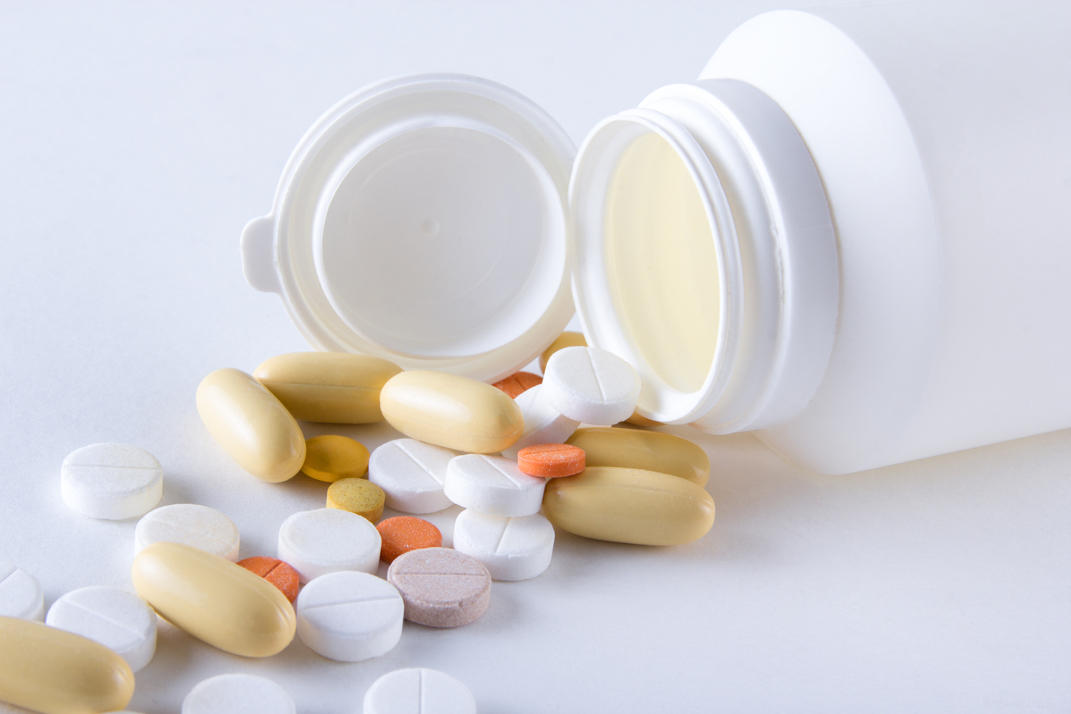Probiotics are typically taken to help restore the normal flora of your gut. There are tons of helpful bacteria in there that actually help you digest foods properly and help to keep bad bugs from taking over in your intestines. They basically work for you and do a better job than you can do on your own. But there are so many types of probiotics out there, and they can be fairly expensive. So which kinds should you be looking to purchase? There is very little regulation on probiotics, so it is important to know what you are buying.
Vocabulary
Prebiotics: These basically prime your gut to encourage the good bacteria to thrive. Include inulin, lactulose, and psyllium.
Probiotics: A stain of bacteria synthesized to grow and help other bacteria grow in your gut.
Symbiotics: Prebiotic with a probiotic. So inulin with lactobacillus.
Antibiotics: Kill bacteria. They are not always specific in their killing and can kill the good bacteria with the bad.
Facts
- Milk transmitted probiotics have only been shown to be viable for 2 weeks. Long-term use of this form of probiotic is not going to be as effective as tablet because of the short shelf life.
- You can get natural food probiotics from fermented foods such as kimchi and sauerkraut.
- There are a variety of strains of probiotics. Some that are recommended include lactobacillus casei DN-114 001, Lactobacillus reuteri ATCC55730, Bifidobacterium lactis Bb-12, Steptococcus thermophillus. These are some bacteria that are normal flora which is what we are trying to maintain in your gut with probiotics.
- There are a variety of therapeutic doses for probiotics based on the bacterium used. Some have higher colony units than others but that does not necessarily correlate to greater effectiveness given the dose needed to be useful is different for each bacterium.
- You can get them in capsules, tablets, powders, liquids, or incorporated into food such as yogurt. The benefits to each by clinical trial are mainly in what an individual tolerates best.
Uses
- Preventing ulcerative colitis caused by antibiotics
- Decreasing insidence Crohn's disease exacerbations
- Limit symptoms of irritable bowel syndrome
At the end of the day, a lot about probiotics has been proven clinically. Some physicians swear by prescribing probiotics with antibiotics and others believe it is a waste of money. If you are using a potent antibiotic, have a bowel syndrome, or have had stomach viruses lately, they are worth trying at least for a round to see if they work for you. Choose based on the popular bacterium rather n the colony units and choose form based on what you will actually take.
Sources
http://www.ncbi.nlm.nih.gov/pmc/articles/PMC3002586/
http://www.webmd.com/diet/features/answers-to-your-questions-about-probiotics?page=2


 RSS Feed
RSS Feed